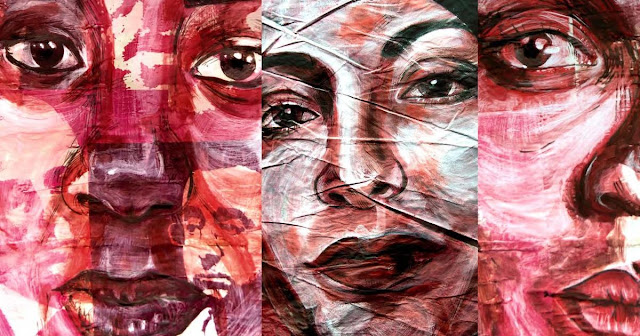In politics, gender can be viewed as a foundational discourse that political actors employ in order to position themselves on a variety of issues.
Sexual politics in South Asia refers to the arguments, allegations, and controversies related to sexuality and politics in South Asia.
{tocify} $title={Table of Contents}
South Asia or Southern Asia comprises the sub-Himalayan countries that include India and adjoining countries namely Pakistan, Nepal, Bhutan, Bangladesh, Sri Lanka, and the Maldives with considerable shared cultural history and many shared gendered views. History and context
While historically south Asians shared their views with Southeast Asia and in the medieval period got influenced by Persian, Arab, and Islamic gendered views.
In the post-colonial period, South Asia was introduced to global human rights, women's rights, and feminist movements.
19th and 20th century
By the early 19th century, Britishers consolidated their colonial power over the Indian subcontinent, though with limited interference in personal and religious laws.Britisher's streamlined law and judiciary located their headquarters in Bengal. Indian conservatives of various denominations started interacting and struggling to keep up with predominantly medieval Christian European culture of the colonialists and liberals along with other socio-religio-cultural facets started revisiting gender status and relations on some of the counts that lead to the Bengali Renaissance.
Early 19th-century Hindu social reformer Ram Mohan Roy initiated efforts to abolish the practices of sati and child marriage. In 1873 Bengal faced a case of an extra-marital affair of an adolescent married girl named Elokeshi with a temple priest.
Elokeshi's husband killed her and eventually faced the law but the sexual politics of the still dominantly modesty- and chastity-valuing society of those times sympathized with the husband.
Bengali society reacted through the art of paintings and drama framing women to be the cause of undermining of values.
Cover image on Uky.edu


